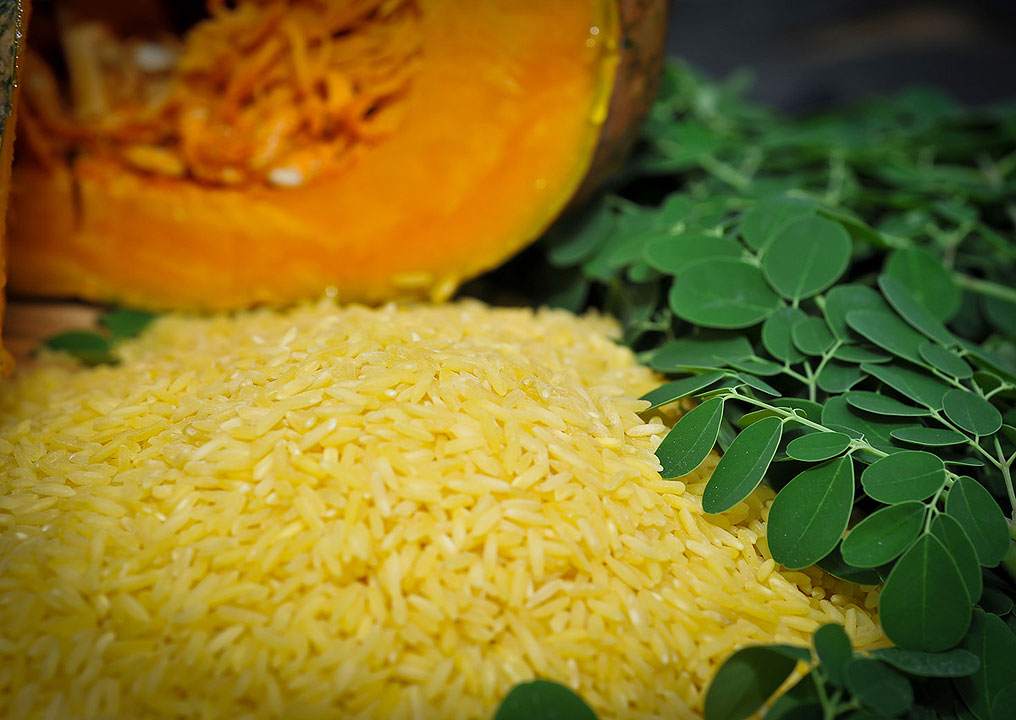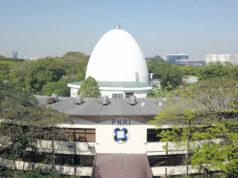
THE Bureau of Plant Industry (BPI) and Philippine Rice Research Institute (PhilRice) said on Thursday they “stand by” their processes for evaluating and approving genetically modified (GM) crops, after the Supreme Court (SC) issued a Writ of Kalikasan against the commercial cultivation of golden rice and Bt eggplant.
“We’ll thoroughly review and comply (with the writ) as required and rest assured that we stand by our regulatory processes,” BPI Spokesman Jose Diego E. Roxas told reporters via Zoom.
“At the moment… we have yet to receive (a copy) of Writ of Kalikasan. We are not sure of its contents… as soon as we have the copy, we will comply,” he added.
In a statement on Wednesday, the High Court said acted on a petition filed by the Magsasaka at Siyentipiko Para sa Pag-Unlad ng Agrikultura (MASIPAG) against the two GM crops.
A Writ of Kalikasan is designed to protect the Constitutional right to a healthy environment.
Following the order, the secretaries of Agriculture, Environment and Natural Resources, and Health were asked to file a response within 10 days.
The order to reply was also issued to the heads of the BPI, PhilRice, and University of the Philippines-Los Baños (UPLB).
PhilRice and the International Rice Research Institute developed Golden Rice while the UPLB Institute of Plant Breeding (IPB) oversaw the Philippine trials of Bt eggplant.
Golden rice is biofortified with beta-carotene or vitamin A to address deficiencies in children which can lead to blindness.
Bt eggplant is designed to be more resistant to pests.
Kilusang Magbubukid ng Pilipinas Chairman Rafael V. Mariano, whose organization was among the petitioners, said other commodities that produce beta-carotene are available such as certain fruits and vegetables.
“We have many ways to combat any pest… we don’t need genetically modified crops,” he added.
The BPI issued biosecurity permits for Golden Rice and Bt eggplant last year, authorized the varieties to be deployed to farms.
Mr. Roxas said the permits indicate that the crops are safe for propagation and human consumption.
“It undergoes a scrupulous and thorough process, and we require technical documents which the experts review. At the same time, we also asked the developers to prove that it has no adverse effects on the environment,” he said.
Mr. Roxas said genetically modified rice and eggplant have only been distributed to target beneficiaries and have yet to be released to the broader market.
Asked for comment, PhilRice Spokesperson Ronan G. Zagado told reporters via text that the institute will respond accordingly upon receipt of the copy of the Writ. “In the meantime, all our activities will proceed as planned.”
According to PhilRice, provinces designated as “Malusog Rice” distribution areas are Quirino, Catanduanes, Samar, Antique, Lanao del Norte, Agusan del Sur, and Maguindanao.
Seed production for Golden Rice is underway in Isabela, Ilocos Norte, Pangasinan, Cagayan, Nueva Ecija, Albay, Samar, Iloilo, Antique, and Agusan del Sur.
“We are asking for a temporary environmental protection order to compell the agencies,” MASIPAG National Coordinator Alfie Palumbarit told reporters in a separate Zoom briefing.
Mr. Palumbarit cited the potential risks of GM rice and eggplant on the environment and public health.
He said that the GM crops can evolve and cross-pollinate with other plants in the area they are grown.
“GM crops should not just be discussed at the level of agencies and scientists. They should be a matter of public policy as these are public products that people will consume,” he said.
The IPB said it will issue an official statement within the week.
The departments of Agriculture, Environment and Natural Resources, and UPLB were asked to comment but had not replied at the deadline. — Sheldeen Joy Talavera



